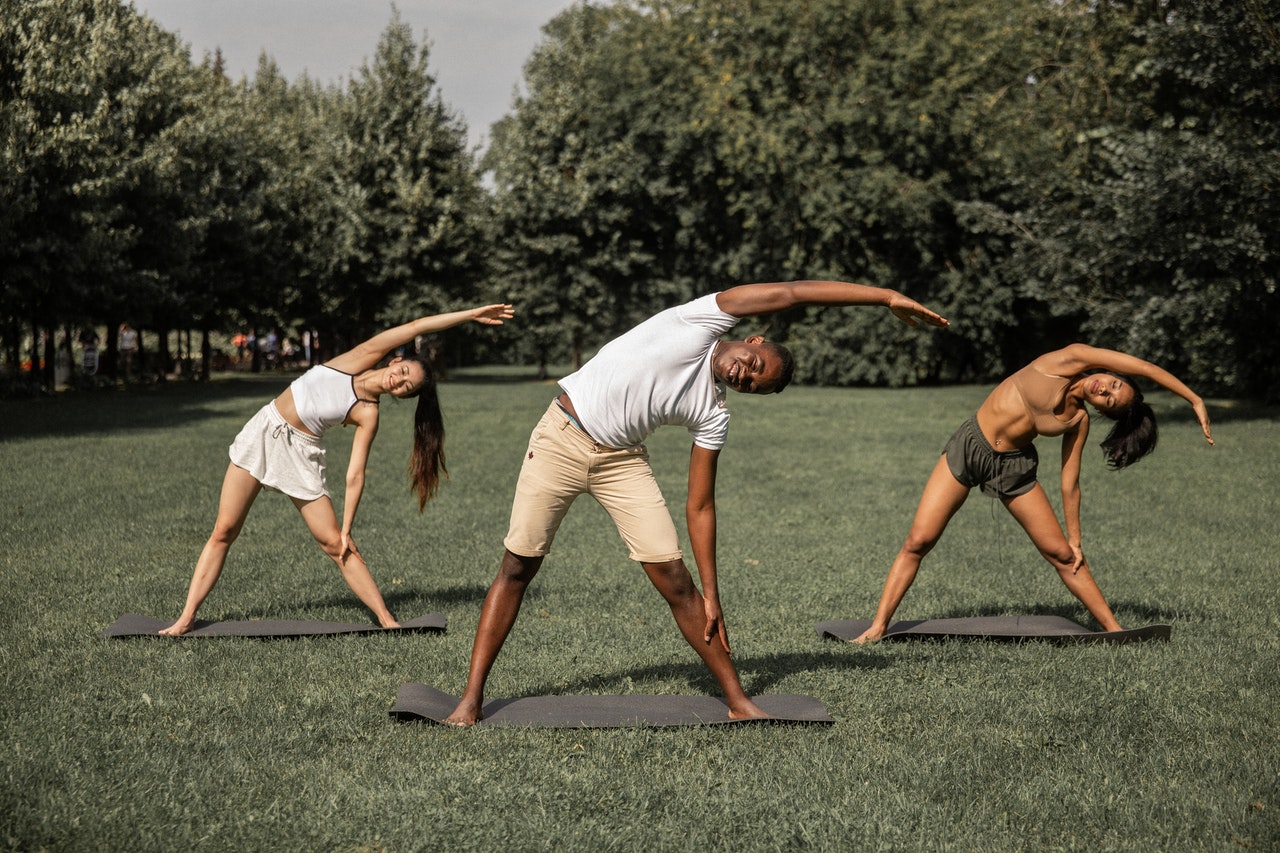The beginning of a new year is a popular time for fitness businesses to assess the previous year’s performance, to evaluate the current state of the health and fitness industry, and to keep a close eye on developing technology and changing consumer behavior to identify emerging fitness trends that will be important in the year to come.
Since the beginning of the coronavirus pandemic, the health and fitness industry has faced countless and ongoing challenges. Fitness businesses were hit hard by unforeseen, abrupt, and lengthy business closures—which simultaneously created the immediate need and demand for digital fitness experiences and offerings.
And although the shift to digitization generated a lot of new online opportunities for health and fitness businesses, it also created new streams of competition in the already hyper-competitive online arena.
To help you better understand what to expect from the fitness industry this year, below is a run-down of five top fitness trends of 2022.
Five Fitness Trends of 2022
Below, we’ll take you through some of the biggest fitness trends we expect to see in 2022, from the ongoing demand for digital fitness options to the shifting definition of wellness–and everything in between.
1. Wearable Technology
The no. 1 fitness trend for 2022 is wearable technology, according to the American College of Sports Medicine’s annual survey of global fitness trends.
Wearable tech includes smart watches, fitness trackers, heart rate monitors and GPS tracking devices. It’s a useful exercise motivator that also tracks important information like steps, heart rate, calories burned, and sleep patterns.
Survey findings also estimate wearable tech has grown to be a $100 billion industry, and it’s projected for continued growth throughout 2022.
New innovations to wearable tech extend beyond “just fitness”—and new features include insight into metrics like blood pressure, body temperature, respiratory rate, oxygen saturation and electrocardiogram.
Considering how heavily society has come to rely on the internet and smart devices for just about everything, it should come as no surprise that wearable tech tops the list for this year’s hottest fitness trend.
2. Online Training and On-Demand Offerings
Online training and on-demand classes were perfect solutions for fitness businesses trying to stay afloat and generate new income streams during worldwide lockdowns and forced business closures caused by the COVID-19 pandemic. In fact, online training became so popular during the pandemic that it secured the no.1 spot in ACSM’s 2021 fitness trends report.
And even though health and fitness businesses are allowed to operate from their physical locations once again, the demand for online training isn’t going away any time soon. Many members have grown accustomed to the flexibility, and they still want the option to go to the gym a few days a week, or to get their workouts done at home.
To stay competitive in 2022, fitness businesses should continue to focus on expanding, improving, and marketing online fitness offerings. And remember—online training shouldn’t be viewed as a competitor to traditional brick-and-mortar business—rather, it should be a supplemental way to generate income while also providing added value and convenience to members.
3. High Intensity Interval Training (HIIT Workouts)
High intensity interval training (commonly referred to as HIIT) is a form of exercise that’s defined by its workout format—a short burst of high intensity exercise alternated with a recovery period of rest or low intensity exercise.
HIIT workouts continue to gain popularity in 2022 given the effectiveness, flexibility, accessibility, and short time requirements. The beauty of HIIT workouts is that they’re designed to be quick and effective. But despite the short duration, HIIT workouts can actually be a far more efficient way to burn calories and lose body fat in less time than traditional steady-state exercise.
4. Mind-Body Health and Fitness
In 2022, the concepts of health and fitness will continue to merge as society is redefining what wellness means from a more holistic standpoint. New considerations focus on balancing diet and nutrition, mental health, and physical activity—as opposed to focusing solely on weight loss or muscle gain.
More people are starting to realize that achieving mind-body health requires ongoing effort. And with more people looking to find more effective ways to ease stress, anxiety and improve mental health, wellness practices like Pilates, yoga, meditation, as well as diet and nutritional coaching, will continue to gain traction and rise in popularity this year.
5. Small Group Training
The pandemic changed how we approach group fitness—and some people just aren’t comfortable returning to in-person group classes operating near full capacity. Offering small group training makes your gym more inclusive and affordable for people from different backgrounds, which helps give your facility a competitive edge.
Small group training is an instructor-led, group exercise class that typically includes between 2-10 participants. It’s essentially the same thing as personal training, except with a small group instead of individuals working one-on-one with personal trainers.
Conclusion
The future of fitness is digital transformation—and to keep up, fitness businesses need trusted gym management software.
To learn how EZFacility can help streamline all aspects of your fitness business from one easy-to-use gym management system, schedule a free online demonstration and personalized product tour today.
